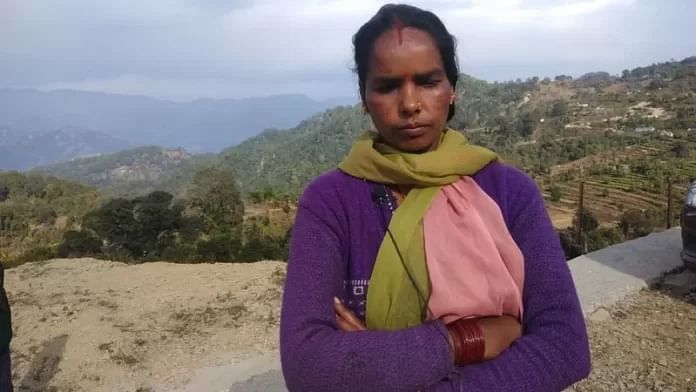Sunita Devi, a young woman from the Scheduled Caste community, was hired as a cook at Sukhi Dhang Government Secondary School in Uttarakhand’s Champawat district. She was then sacked by the school, after higher caste students refused to eat the mid-day meal prepared by her.
While the school appointed a new cook, a Brahmin, Dalit students have now refused to eat food prepared by the Brahmin cook and Sunita Devi has lodged a police complaint.
Sunita’s resistance to higher caste domination marks a significant moment in the history of caste politics in India. Like Rosa Parks, who finds her place in the glorious history of the civil rights movement in the United States, Sunita Devi just might be remembered as an icon.
Uttarakhand’s principal opposition party, Congress, has organised protests and former chief minister Harish Rawat has gone on a hunger strike over the issue. The Bhim Army has announced that it will protest in front of the CM’s residence if Sunita is not reinstated. CM Pushkar Singh Dhami has announced a high-level inquiry into the matter.
The Delhi government, led by the Aam Aadmi Party (AAP), has offered Sunita Devi a government job in the national capital.
Uttarakhand has a fairly high SC population (18.8%) but quite low middle (OBCs) and intermediate caste inhabitants. In Uttarakhand, most of the SCs (around 80%) live in villages and in segregated settlements. Uttarakhand has a high literacy level, but this seems to have no relation with the social dynamics and social relations, given the rampant casteism in the state.
In such a society, Sunita Devi’s exemplary protest is commendable. Her act is especially brave when the political class, due to electoral arithmetic of the Uttarakhand politics, keeps silent on such issues.













